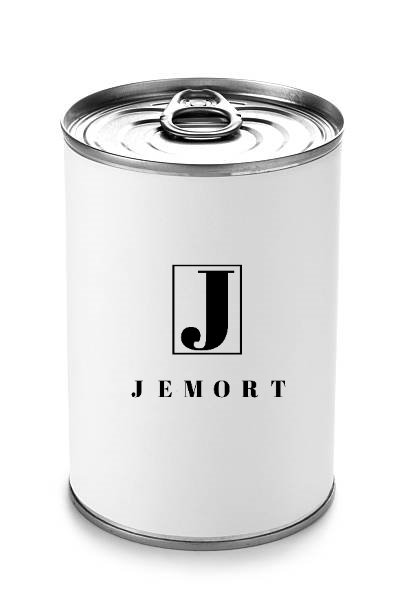Creating a private label for soups involves developing and selling customized soup products under a retailer’s or brand’s name. Private labeling allows businesses to offer their unique soup products without the need to manufacture the soups themselves. Here’s an overview of the private label process for soups:
- Product Selection: Decide on the type of soups you want to create. Consider factors like flavor preferences, dietary restrictions (e.g., vegetarian, gluten-free), packaging options (canned, boxed, frozen), and target audience (e.g., health-conscious consumers, busy families).
- Recipe Development: Collaborate with culinary experts or chefs to create or customize the recipes for your soups. This includes selecting ingredients, flavor profiles, and cooking methods to achieve the desired taste and texture.
- Packaging Design: Design the labels, packaging, and branding for your soup containers. Attractive and informative packaging can help your products stand out on store shelves.
- Soup Production: Partner with a manufacturer or soup processing facility that specializes in producing soups. They will prepare, cook, season, and package the soups according to your specifications.
- Quality Control: Implement quality control measures to ensure that the soups consistently meet your flavor, texture, and overall quality standards.
- Regulatory Compliance: Ensure that your soup products comply with relevant food safety, labeling, and packaging regulations. This may include nutritional labeling and ingredient declarations.
- Distribution: Distribute the private label soups to your retail locations, supermarkets, grocery stores, or other sales channels.
Private label soups offer businesses an opportunity to provide customers with a unique and branded meal solution. Emphasize the quality of ingredients, variety of flavors, and the convenience of your branded soups when marketing them.








